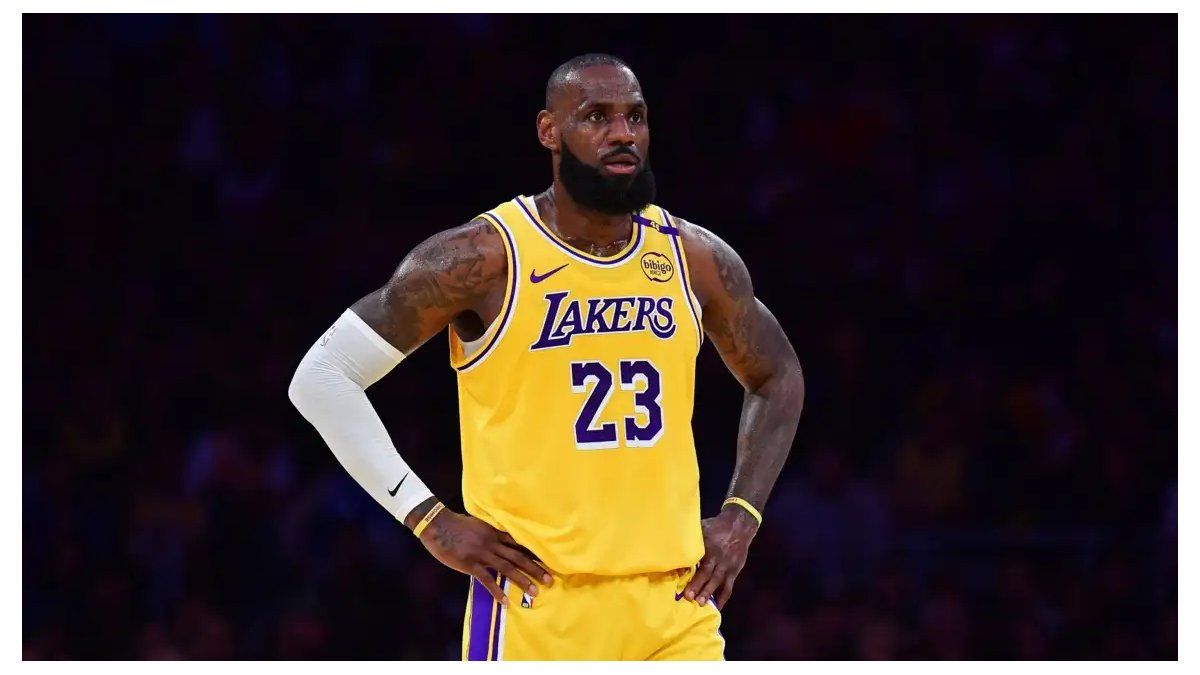The traffic light coalition is now starting a third attempt for the perfect relief package. Previous packages have mainly brought political quarrels and contradictory measures. Is that changing now?
Nine-euro tickets and drink discounts should fix the problem with the economic consequences of the war. The federal government also had a plan up its sleeve to counter rising gas prices: VAT should be abolished. But that was blocked by the EU Commission. The tax must continue to be raised, it said from Brussels. However, it would be conceivable to pay the money back to households. Why so complicated? There is no answer to that. At least there is a compromise: VAT will be reduced from 19 to 7 percent. This should also dampen the cost explosion caused by the planned gas surcharge.
Contradictory and hardly comprehensible plans that, according to the German Tenant Protection Association, are not needed at all. The gas surcharge is actually only intended to save companies. Association leader Lukas Siebenkotten says that this can also happen directly, similar to the 2008 banking crisis. “You don’t have to take this strange detour via the consumers and then tell them afterwards, ‘but we’re going to reduce VAT for it now,'” he says .
Whether the plan with the tax cut will ultimately have the relief that the traffic light coalition hopes is unlikely, based on a recent Forsa flash poll. As the survey of 1000 German citizens commissioned by RTL/ntv showed, previous relief measures have had no significant effect. Only five percent of respondents feel relieved. On the other hand, 89 percent stated that they had received little or no relief. According to Forsa, low earners are particularly affected.
The forecasts by Bundesbank President Joachim Nagel also give little hope. For the autumn he expects an inflation rate of 10 percent. The reason: the fuel discount and the nine-euro ticket are being phased out – with historical consequences. “Double-digit inflation rates were last measured in Germany over seventy years ago. In the fourth quarter of 1951, according to the calculations at the time, it was eleven percent,” explains Nagel.
Struggling to find the right relief package
In the capital, the traffic light parties are meanwhile trying to find the perfect package of measures. It would be the third. But working out the three-party coalition is once again anything but easy. This may be why so little concrete information is known about the announced relief measures. At least one thing is certain so far: the citizens should not be left alone. “You’ll never walk alone,” the Chancellor tried to woke.
FDP man Christian Lindner recently brought up a tax relief package to combat cold progression. According to Lindner, 48 million people could benefit from the so-called Inflation Compensation Act. The basic allowance for income tax could be increased in this way, the same applies to child benefit and the child allowance. However, the proposal is not well received by the coalition partners. SPD and Greens consider the measure to be unfair because it primarily relieves higher incomes.
For the three parties it is at least clear that the increased prices cannot be absorbed 100 percent by the state. Now they are arguing about who should be supported and how. Finance Minister Christian Lindner and his FDP name three groups: the needy, the working middle class and the energy-intensive economy. The Social Democrats and the Greens, on the other hand, first want to help those who are threatened with a cold winter with unpaid bills.
Among other things, demands come from their ranks
- one Basic child security and 300 euro energy flat rate (Adolf Bauer, SPD)
- dismantled housing benefit (Ricarda Land, Greens)
- one rescue parachute for the energy industry and a one-time payment to pensioners at the end of the year (Stephan Weil, SPD)
- electricity tax on European legal minimum size to lower (DGB boss Yasmin Fahimi)
- more complete discharge for transfer recipientmore temporary Energy flat rate or energy price cap, energy costs for a longer period of time to distribute (DGB boss Yasmin Fahimi)
- more targeted reliefs for low-income households and Familys (Lisa Paus, Federal Family Minister of the Greens)
Olaf Scholz, meanwhile, is neutral as usual and speaks of an “overall package” that could ultimately include as many suggestions as possible. The third relief package would thus be more extensive than its predecessors and could consist of tax relief, housing benefit reform, aid for low earners, a citizen’s allowance and other unknowns. At least the Chancellor has a good feeling about it, as he said at the federal press conference in the summer.
But unity looks different. Even if the chancellor is clearly trying to keep things calm. A major common line of the traffic light coalition is not apparent from the proposals of the parties. The coalition must therefore continue to put up with the accusation of acting “without a concept”, as the Greens leader in the European Parliament, Rasmus Andresen, put it to “Spiegel”. At the very least, they should take the accusation seriously so that they can ultimately present a relief package that lives up to its name.
Source: Stern
David William is a talented author who has made a name for himself in the world of writing. He is a professional author who writes on a wide range of topics, from general interest to opinion news. David is currently working as a writer at 24 hours worlds where he brings his unique perspective and in-depth research to his articles, making them both informative and engaging.




